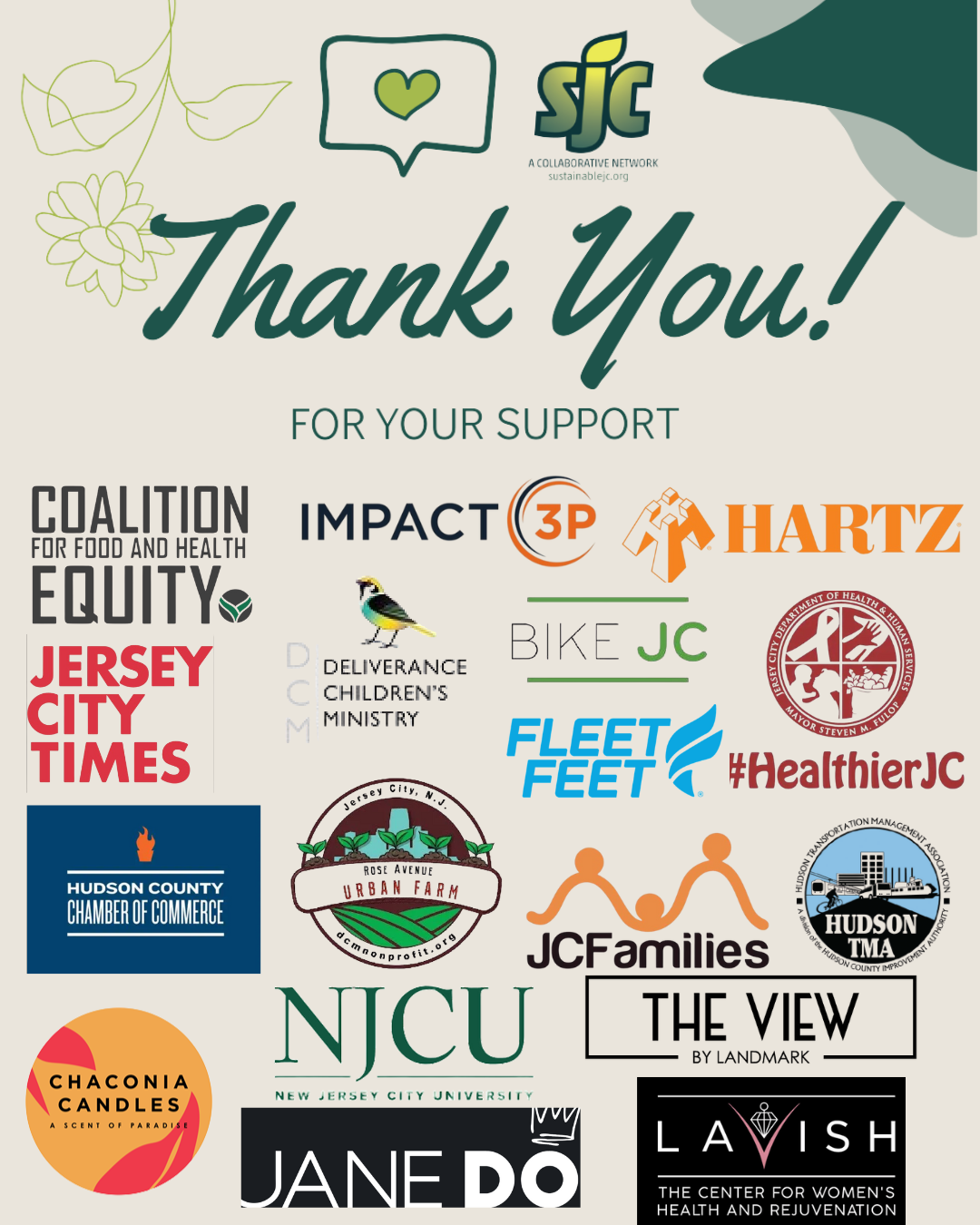Breweries & Distilleries
#1 Reduce water consumption
Use high-efficiency cleaning devices and a system that can recover and reuse cleaning and sanitizing solutions to minimize water usage. Replacing certain acidic blends used commonly by breweries with a citric acid-based solution reduces the rinse water use. Also, install waterless urinals and other water conservation appliances where water is utilized. Brew kettles that recapture all steam that would normally vent to the atmosphere can be used to create 1 gallon of hot water for every 5 gallons of beer brewed. Water used to chill the beer can also be reclaimed, as well as using a cold water CLT system to decrease water usage. Fermenters can use Clean-in Place technology to reduce water usage.
#2 Recycle Grain waste
Donate spent grain to local farmers as animal feedstock which results in grain consumption as opposed to disposal in a landfill.
#3 Reduce Energy consumption
Use high-efficiency boilers that work on demand requiring just a small fraction of the natural gas a conventional always-on boiler needs and adding heat exchangers captures hot water for additional brewing. During the brewing process, cold water can be used to cool the boiled, unfermented beer and the resulting heated water can be collected in hot water tanks for use in the next brew. Increase roofing insulation with reflective surfaces to reduce demand for cooling. Cold room can be designed with R10 high density foam under concrete to reduce cold leeching to earth. Fully automated brewing can use innovations that reduce the number of pumps required and significantly reduce boil time per batch and gas usage. Use LED lighting. Use door sweeps to reduce energy loss through doors. Funding for major energy efficient equipment retrofits can be provided from the NJ Clean Energy Program’s Direct Install program.
#4 Replace raw material products with natural or environmentally preferred products that are sustainably sourced and locally produced
Use local products and services as possible. Examples include local bee farms honey the bees produce, local maltsters and farmers to source ingredients such as cranberries and blueberries.
#5 Recycle waste chemical containers
Donate empty chemical drums to rain water collection organizations.




